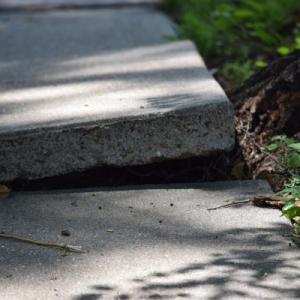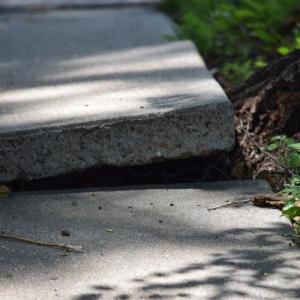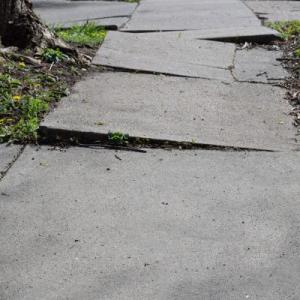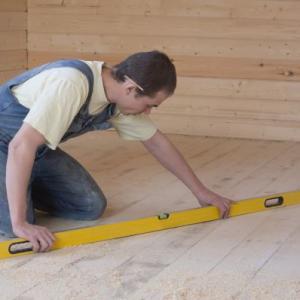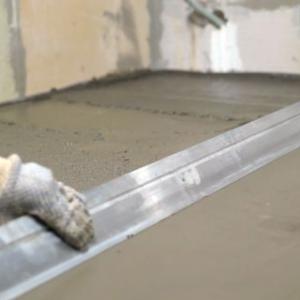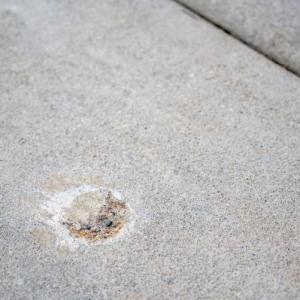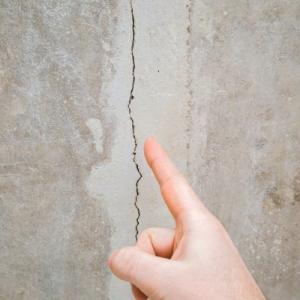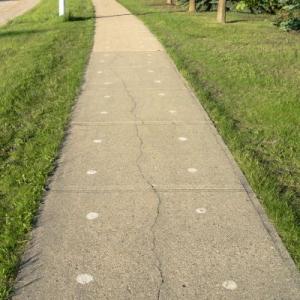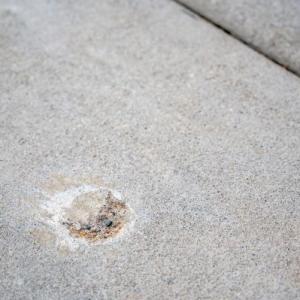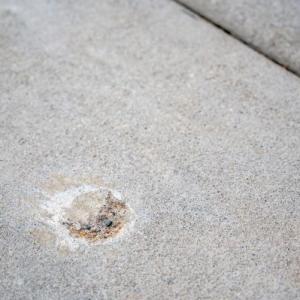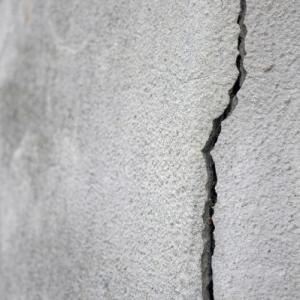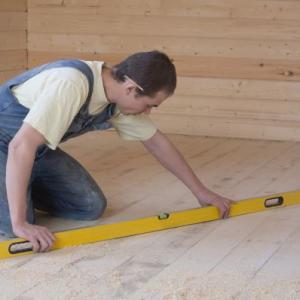Foundation Stabilization: Albany
Foundation Stabilization in Albany
Get help with Foundation Stabilization in Albany. Fill out the form above and we will connect you with local Albany pros. Foundation stabilization offers a range of advantages for homeowners seeking to maintain the structural integrity of their property. By addressing potential issues with the foundation, this service helps prevent further damage and costly repairs down the line. With foundation stabilization, you can ensure the stability and safety of your home, providing peace of mind for you and your family. This solution addresses underlying problems, such as settling or shifting, and helps maintain the overall value of your property. By addressing these issues proactively, you can avoid potential complications and maintain a solid foundation for years to come.Foundation Stabilization FAQ
Q: What Are The Signs That Indicate A Need For Foundation Stabilization?
Answer: Some signs that indicate a need for foundation stabilization include cracks in the walls or floors, uneven or sloping floors, doors and windows that stick or won't close properly, and visible gaps between the walls and the ceiling or floor.Q: How Long Does The Foundation Stabilization Process Typically Take?
Answer: The duration of the foundation stabilization process can vary depending on the extent of the damage and the specific methods used. However, it typically takes several weeks to a few months to complete.Q: Are There Any Alternatives To Foundation Stabilization That Can Address The Issue?
Answer: Yes, there are alternative methods to foundation stabilization that can address the issue.Q: What Are The Potential Risks Or Complications Associated With Foundation Stabilization?
Answer: The potential risks or complications associated with foundation stabilization include: 1. Structural damage: If the stabilization process is not carried out correctly, it can lead to further structural damage to the foundation or surrounding areas. 2. Cost overruns: Unforeseen complications or issues that arise during the stabilization process can result in additional costs and potential budget overruns. 3. Disruption to occupants: Foundation stabilization often requires extensive excavation or intrusive techniques, which can cause disruption and inconvenience to occupants of the building. 4. Time-consuming process: Depending on the severity of the foundation issues, stabilization can be a time-consuming process, leading to delays in construction or occupancy. 5. Inadequate results: If the stabilization methods used are not appropriate for the specific foundation issues, it may not effectively resolve the problem, leading to ongoing instability and potential future complications. It is important to consult with a professional engineer or foundation specialist to assess the risks and develop a suitable plan for foundation stabilization.Foundation stabilization refers to the process of reinforcing and strengthening a building's foundation to prevent further damage or instability. It involves various techniques and methods aimed at addressing foundation issues such as settling, cracking, or shifting. Foundation stabilization is typically carried out by professional contractors or engineers who have expertise in assessing and repairing foundation problems. These experts use specialized equipment and materials to stabilize the foundation, ensuring its long-term stability and preventing future structural issues. By addressing foundation problems early on, homeowners can avoid more extensive and costly repairs down the line.

